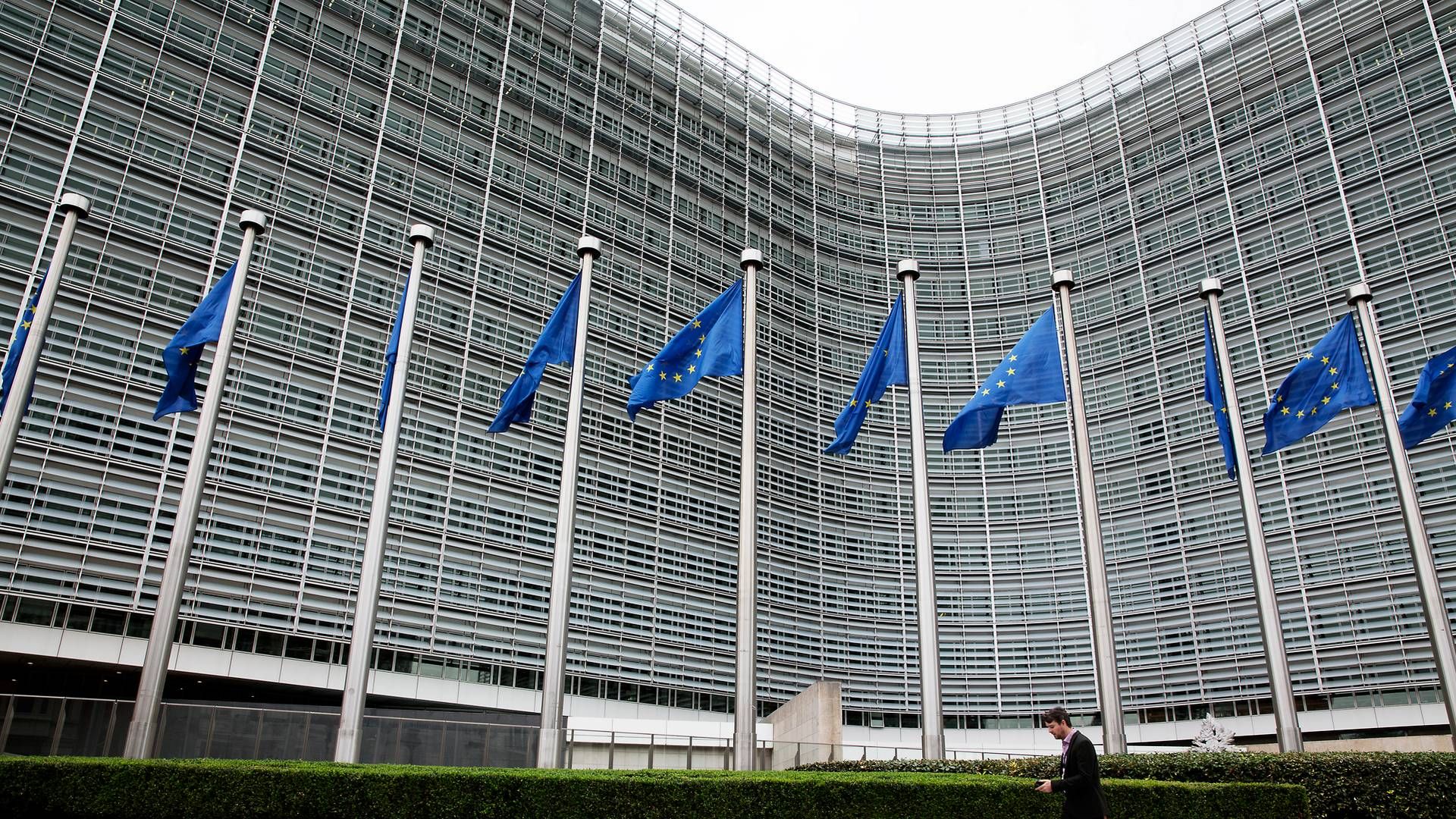Asset managers dodge full impact of EU's toughest ESG law to date

The finance industry will be shielded from the full scope of the European Union’s most consequential piece of ESG legislation to date, as the bloc settles on a compromise to help it get the bill over the finish line.
Under the Corporate Sustainability Due Diligence Directive, large companies face civil liability for environmental and human rights violations in their value chains. Whether to include banks, insurers and asset managers had been a major hurdle in arriving at a deal.
According to the compromise announced on Thursday, the financial sector will be “temporarily excluded from the scope of the directive, but there will be a review clause for a possible future inclusion of this sector based on a sufficient impact assessment,” the Council of the EU said in an emailed statement.
The decision follows a proposal by Spain, which holds the EU’s rotating presidency, that the finance sector get a reprieve from CSDDD’s initial rollout in order to reach consensus before the end of the year. Lawmakers, member states and the commission want the process finalized before next year’s EU elections.
The directive’s international implications have raised concerns among member states including France, which warned it could hurt the competitiveness of EU firms. Outside the the bloc, Treasury Secretary Janet Yellen has also warned of the potential “negative, unintended consequences” facing US firms due to the scope of CSDDD.
Under the compromise agreement, the directive will apply to companies with more than 500 employees and global revenue of at least EUR 150m. Non-EU companies are in scope if they generate at least EUR 300m in sales in the EU, according to the council statement.
A list of non-EU companies that fall under the directive’s scope will be provided by the European Commission.
Lara Wolters, the lawmaker who spearheaded the legislation in the EU Parliament, said she and her team “deplore” the decision announced on Thursday.
The upshot now is “that the financial sector - banks, insurers and asset managers - will not have the same obligations as other types of companies to address impacts,” she said in an emailed statement.
CSDDD will require the finance industry, like other sectors, to develop net zero transition plans. Banks, asset managers and insurers will also face civil liability for any violations by suppliers. But the industry won’t be held accountable for ESG violations by clients or companies in which it invests, representing a key concession that bankers had lobbied hard to secure.
“The EU has agreed a ground-breaking new law that could finally curb the unchecked power big companies have enjoyed for so long,” Arianne Griffith, corporate accountability lead at Global Witness, said in an email. “It will mean Europe’s biggest polluters – including fossil fuel majors – will need to reduce their climate emissions and gives people who are at risk from dangerous business practices a chance to fight back.”
However, she added, “it’s shocking that member states have sunk plans to ensure that banks stop investing in environmental and human rights abuses.”
Related articles
Danish funds call for EU due diligence law to apply to banks
For subscribers
Major investors want answers from DSV on Saudi mega-project
For subscribers
Toughest ESG rule yet puts EU on collision course with US
For subscribers


















